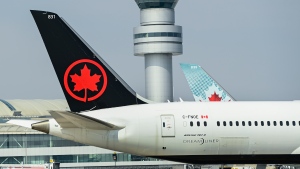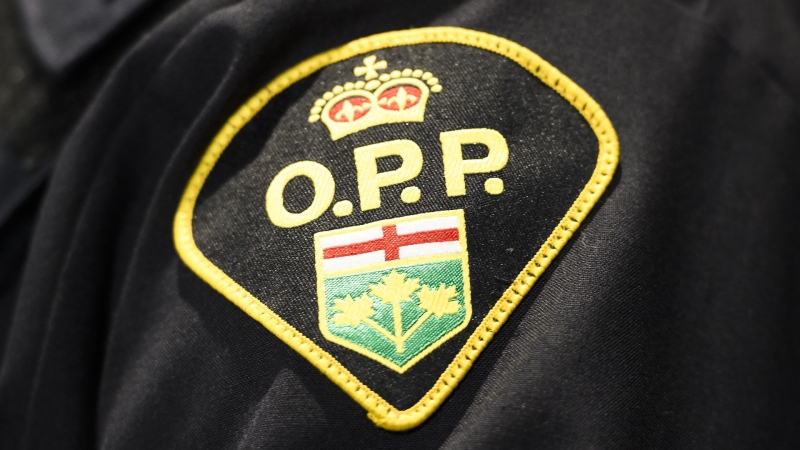Air Canada passengers were left stranded on Wednesday as the airline cancelled its flight from Toronto to Tel Aviv amid escalating tensions between Iran and Israel.
The decision to cancel the flight came after Iran launched a series of missile attacks on Israeli military bases in the Golan Heights, prompting Israel to retaliate with airstrikes on Iranian targets in Syria.
According to Air Canada, the flight was cancelled due to safety concerns for both passengers and crew. The airline also stated that they will continue to monitor the situation and make further decisions as necessary.
Passengers who were scheduled to fly on the cancelled flight were advised to contact Air Canada for rebooking options or refunds.
This cancellation comes as tensions between Iran and Israel have been on the rise in recent weeks. The two countries have been engaged in a long-standing conflict, with Iran supporting militant groups in the region and Israel carrying out airstrikes on Iranian targets in Syria.
The cancellation of the Air Canada flight highlights the impact of these tensions on international travel and the safety concerns that arise in such situations.
In response to the cancellation, the Israeli government has assured that they are taking all necessary measures to ensure the safety of their citizens and visitors. They have also urged airlines to continue their flights to Israel, stating that the country remains safe for travel.
This is not the first time that flights to Israel have been affected by political tensions. In 2014, several airlines suspended their flights to Tel Aviv for a few days after a rocket landed near the city’s airport.
As the situation between Iran and Israel continues to unfold, it is important for airlines to prioritize the safety of their passengers and crew. Air Canada’s decision to cancel the flight is a testament to this commitment.
Passengers who were affected by the cancellation may face inconvenience, but their safety remains the top priority. As the situation develops, it is crucial for airlines to stay vigilant and make decisions that prioritize the well-being of their passengers.




